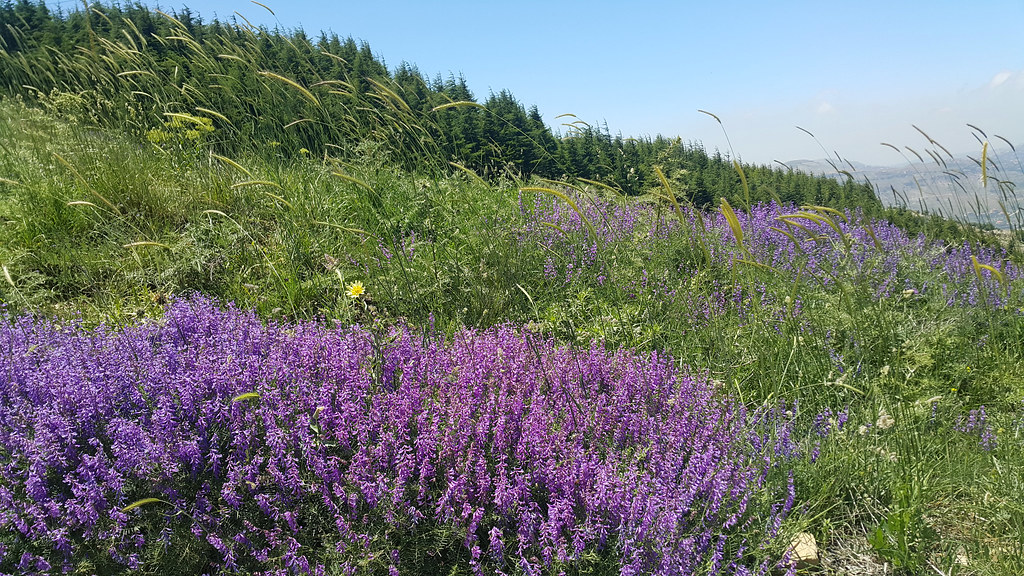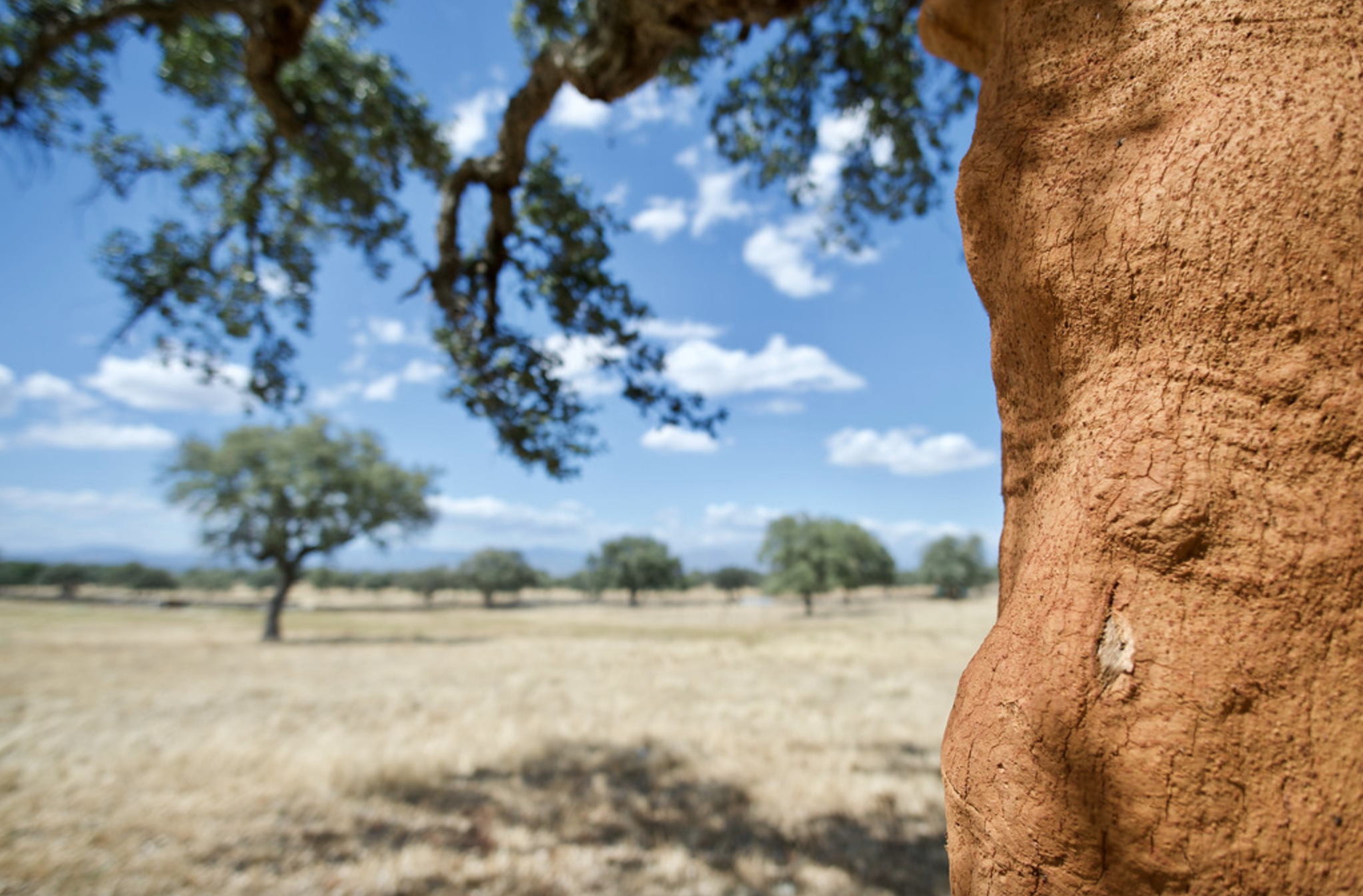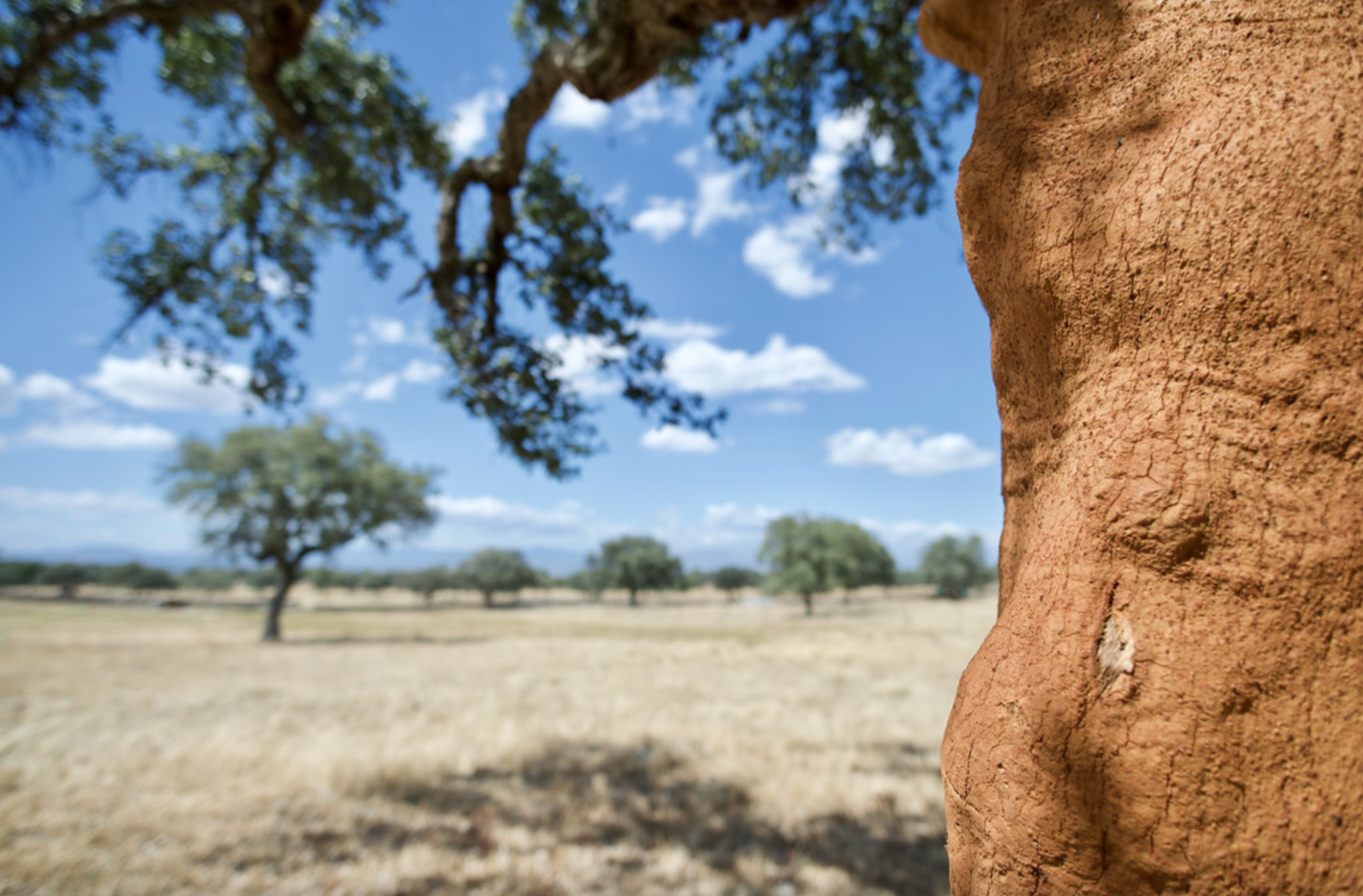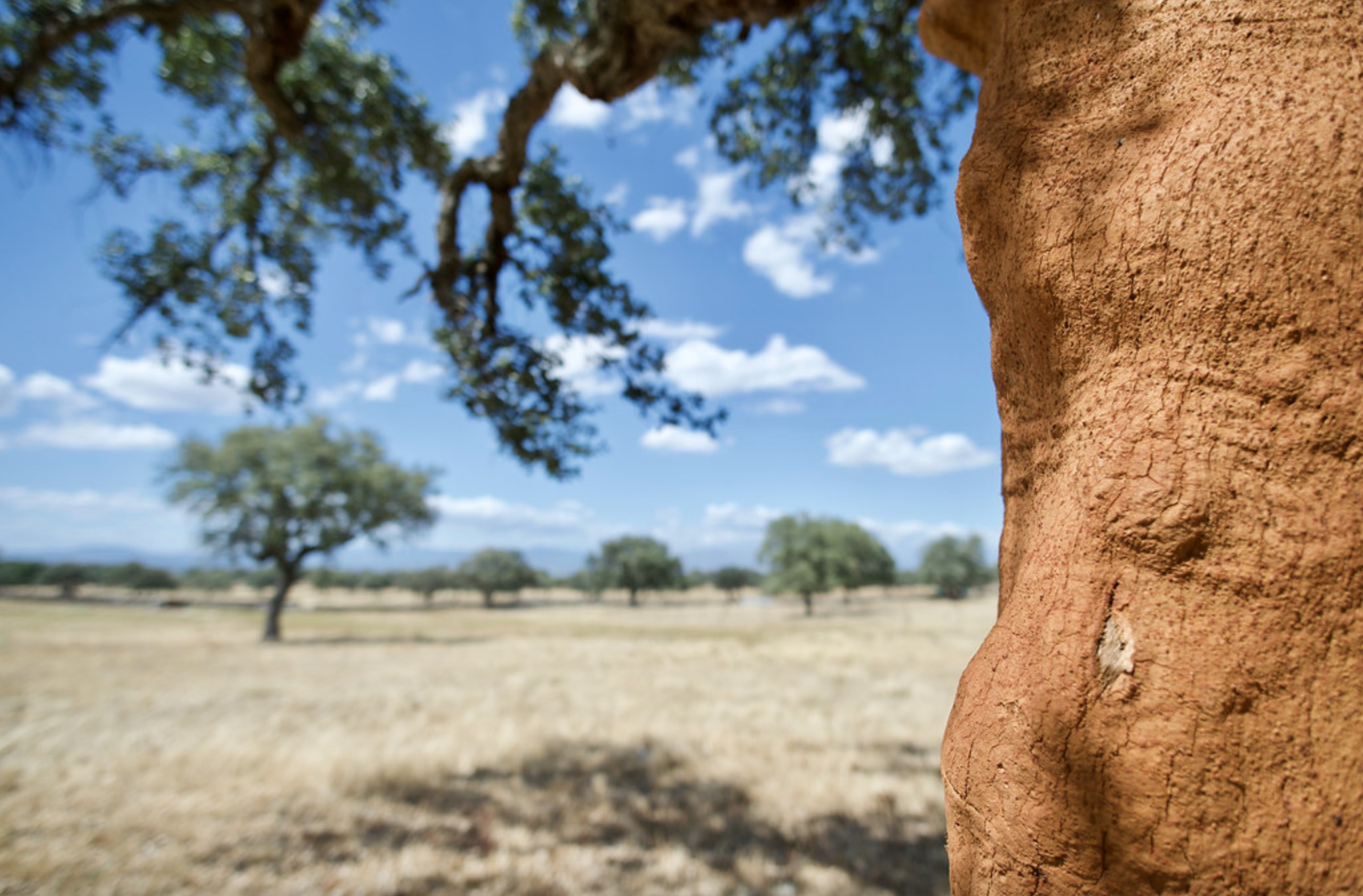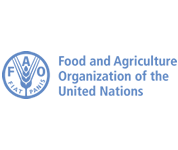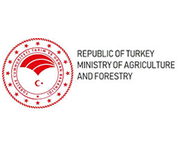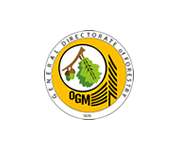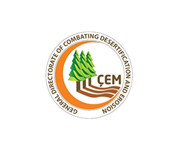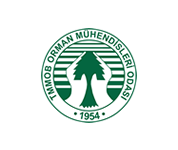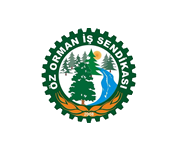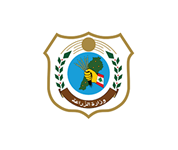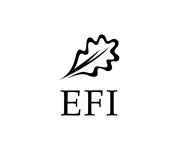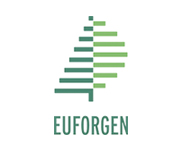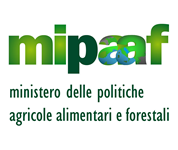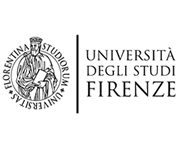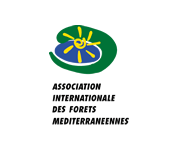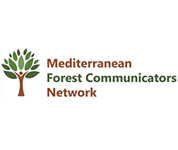Young generations of the Mediterranean set their priorities in the forest sector
March 22, 2022
The Mediterranean Youth Dialogue Session proved to be an opportunity for young people of diverse backgrounds, and diverse areas of the Mediterranean, to converge and discuss the most prominent issues affecting youth involvement in forest restoration initiatives. Approximately 50 individuals joined the youth-led virtual meeting, where in breakout rooms they discussed the challenges, key needs, recommendations and inspiring experiences that led to the drafting of the official Youth Statement of the Seventh Mediterranean Forest Week.
Fruitful dialogue among the youth participants was driven by their innate understanding of the importance of enabling the full potential of young students and professionals in the forest sector. The reflections from the dialogue represent a general sentiment of younger generations who are eager to be integrated into high-level discussions and decision-making processes. Governments, private enterprises, and public institutions alike, must ensure that youth representatives are not only given the opportunity to speak, but to use their invaluable experiences and studies to be part of the mechanisms that are entrusted to enact change.
In order to achieve a status quo where young generations are encouraged and able to affect change, the delegates of the Mediterranean Youth Dialogue advocated the importance of assuring economic and financial resources are made readily available to those in the education and working fields of the forestry sector. To that extent, it was recognized that during the transition period between their academic and working careers, youth face significant obstacles that may be avoided through the creation of enhanced employment opportunities, and the promotion of traineeships, internships, mentorship programs, and grants. Young innovators, researchers, students, and entrepreneurs have the capacities and experience to enrich several aspects of the restoration plight, and it is the duty of all sectors of society to ensure that they are given the resources to do so.
While this dialogue was composed of individuals with extensive understanding and experience in the forestry sector, the drafted Youth Statement highlights the importance of academic programs strategically designed to not only disseminate knowledge on the importance of forests and their ecosystems, but also, provide youth involved in the field with vital technical knowledge and global political economic perspectives. Knowledge sharing practices between youth organizations and government institutions may allow for their productive collaboration, as well as support a holistic understanding of how people from contrasting ages interact and understand restoration strategies and initiatives.
A specific emphasis was placed on rural youth communities, who experience unique difficulties accessing existing opportunities in the restoration sphere, paying careful attention to the risks such as rural abandonment and migration, that result from these obstacles. In order to conserve intergenerational knowledge, and accumulated best practices, governments should pay careful attention to aiding the integration of rural communities into the forest sector. Participants also denoted the importance of transparent communication regarding forest management practices, and consequent decisions, to engage more youth in the environmental issues that affect their local ecosystems.
Finally, young generations have a keen understanding of modern social platforms by which they can inspire fellow students and professionals to become more aware and educated on the matter of forest restoration. Social media and podcasts have become an intrinsic part of linking individuals, organizations, and institutions in different parts of the world, to advocate and promote common goals and shared experiences. In this way, encouraging youth fosters the advancement of forest restoration ideals among individuals from all backgrounds and walks of life.
The Mediterranean Youth Dialogue showcased a unified youth perspective; not only should the future be better for youth, but also, made better by youth.
The dialogue was co-organized by the Forestry Division of the Food and Agriculture Organization of the United Nations (by the Silva Mediterranea secretariat in the context of the seventh Mediterranean Forest Week and the youth focal point of the XV World Forestry Congress), the Major Groups Children and Youth to the UNFF (MGCY) and the World Food Forum.
Lucia Rivera Lima (FAO), Camila Mosier-Giovine (FAO)

